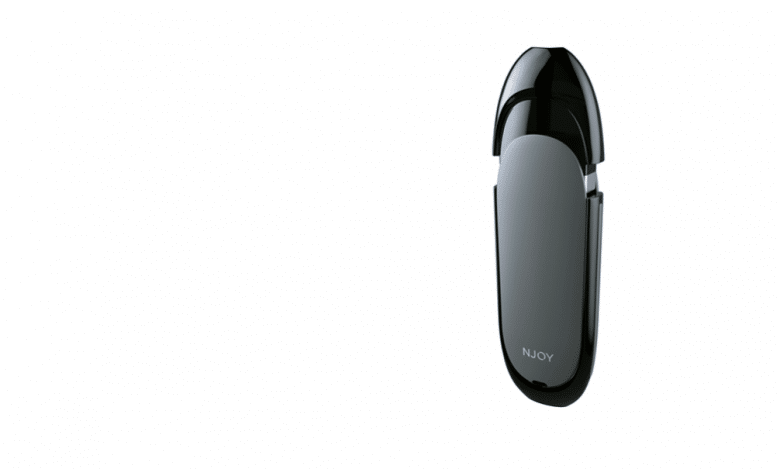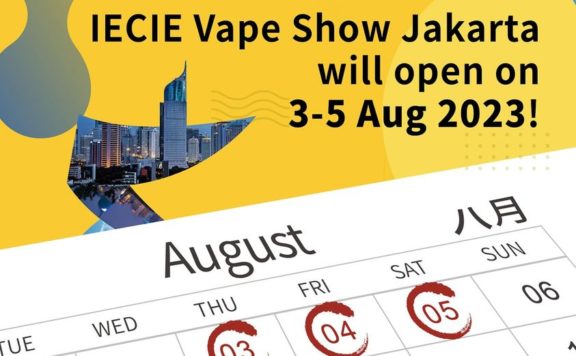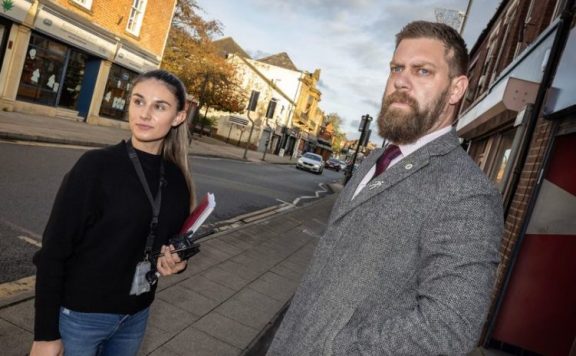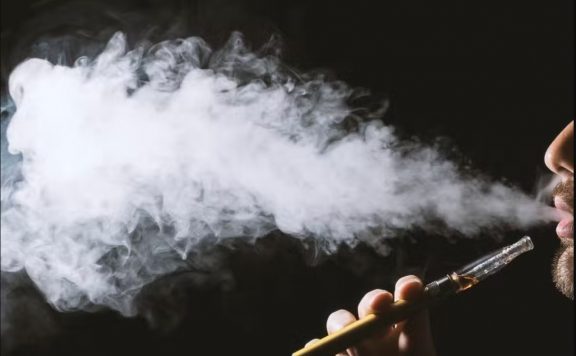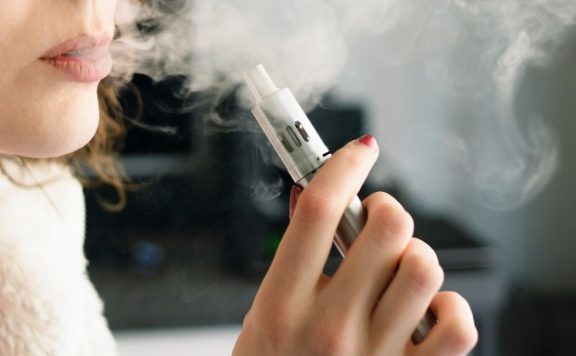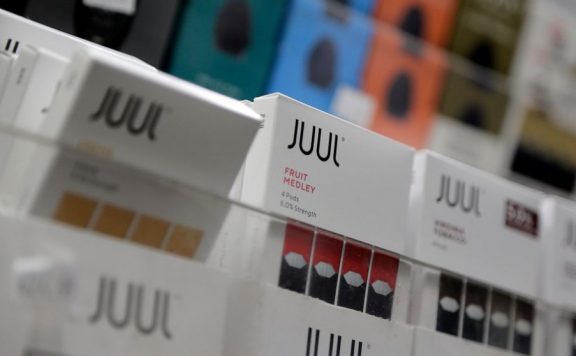When the UK opened the door for e-cigarette brands to apply for medical licenses months ago, it’s set to become the first country to allow for vaping product prescription. Several vape firms, according to Financial Times, are poised to submit their products to the NHS to vie for the authorization.
Table of Contents
Medically Licensed Vapes in the UK
NJOY, a leading US-based vape manufacturer, has joined the ranks. With nearly 4% share in the 5bn-dollar US vape market, the firm seems to be seeking for more opportunities overseas. Without any doubts, the UK hits the spot. The country is now home to around 2.7 million vapers, with an estimated market value topping £2bn (roughly $2.7bn), surpassing any other European market. In the long run, NJOY’s effort to license its products might be conducive to carving a path in the lucrative UK market.
In addition to NJOY, FT reported, other firms intending to obtain the license include the DSL Group, parent company of Multivape, Ireland-based Yatzz and e-liquid provider Superdragon.
Deborah Arnott is a tobacco control expert who has worked with the UK’s Medicines and Healthcare products Regulatory Agency (MHRA) to push the move to regulate e-cigarettes as other medicines. She stressed the shift in policy would prove to be an antidote to the overall health of UK smokers. Vaping is not risk-free but at least much less harmful than cigarettes. She mentioned “30 per cent of smokers have never tried e-cigarettes before” and hoped the new regulation could close the gap.
Moreover, to encourage more smokers to switch to vaping under doctors’ guidance, NHS even announced it would subsidize low-income smokers in prescribed vaping products.
Although there’s seemingly no better endorsement on e-cigarettes than being approved as a medicinal product, only a handful of vape brands has by far shown explicit interests in the MHRA license. A large majority, even though the listed big brands, have taken no actions. According to FT’s report, some big companies either “not made any decisions regarding licenses” or refused to comment. That includes Juul, Vuse, Imperial Brands, who owns Blu e-cigarettes, as well as Japan Tobacco International, owner of Logic vape.
Why Vape Companies Step Back from the NHS License?
When submitting vape products for approval, companies should provide sufficient testing data to show their quality and consistency. It’s estimated that the entire licensing process may cost about £3-5m, or $4-6.8m. Moreover, the standards in reviewing these products are as stringent as those applied in other medicinal products. However, vape brands seem to have further concerns.
For one thing, a licensing cycle might take several years, after which a product probably has been out of date. To run ahead of the competition, vape brands keep speeding up their product iteration. While a lengthy approval process on the NHS is only contradictory to their strategies to launch products fast.
Besides, the medical licensing requirements have also shut out open-system products. Although the UK health authorities haven’t pinpointed these products are forbidden from licensing, the actual rules regarding consistency have made lots of brands take a step back. MHRA demanded each component of a vaping device, including battery, coil, and e-liquid, be evaluated separately. It’s almost impossible for a vape that allows refilling, coil building or battery replacement to meet such requirements.
Verdict
NJOY sees licensing as an opportunity to expand its UK market, while some other brands seem to suspect the profits they will receive from the medical route. Anyway, when NJOY completes its approval process on the NHS, the answer will come out of it.

